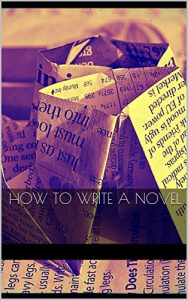I am setting myself a task which some people would call very ambitious; others would call it by a name not quite so polite; and a considerable number would say it was positively absurd, accompanying their criticism with derisive laughter. Having discussed the possibility of teaching the art of writing fiction with a good many different kinds of people, I know quite intimately the opinions which are likely to be expressed about this little book; and although I do not intend to burden the reader with an account of their respective merits, I do intend to make my own position as clear as possible.
If there be an art of literature, why cannot its principles be taught and practiced as well as those of any other art? We have schools of Painting, Sculpture, and Music—why not a school of Fiction? Let it be supposed that a would-be artist has conceived a brilliant idea which he is anxious to embody in literature or put on a canvas. In order to do so, he must observe certain well-established rules which we may call the grammar of art: for just as in literature a man may express beautiful ideas in ungrammatical language, and without any sense of relationship or development, so may the same ideas be put in a picture, and yet the art be of the crudest.
If there be an art of literature, why cannot its principles be taught and practiced as well as those of any other art? We have schools of Painting, Sculpture, and Music—why not a school of Fiction? Let it be supposed that a would-be artist has conceived a brilliant idea which he is anxious to embody in literature or put on a canvas. In order to do so, he must observe certain well-established rules which we may call the grammar of art: for just as in literature a man may express beautiful ideas in ungrammatical language, and without any sense of relationship or development, so may the same ideas be put in a picture, and yet the art be of the crudest.






